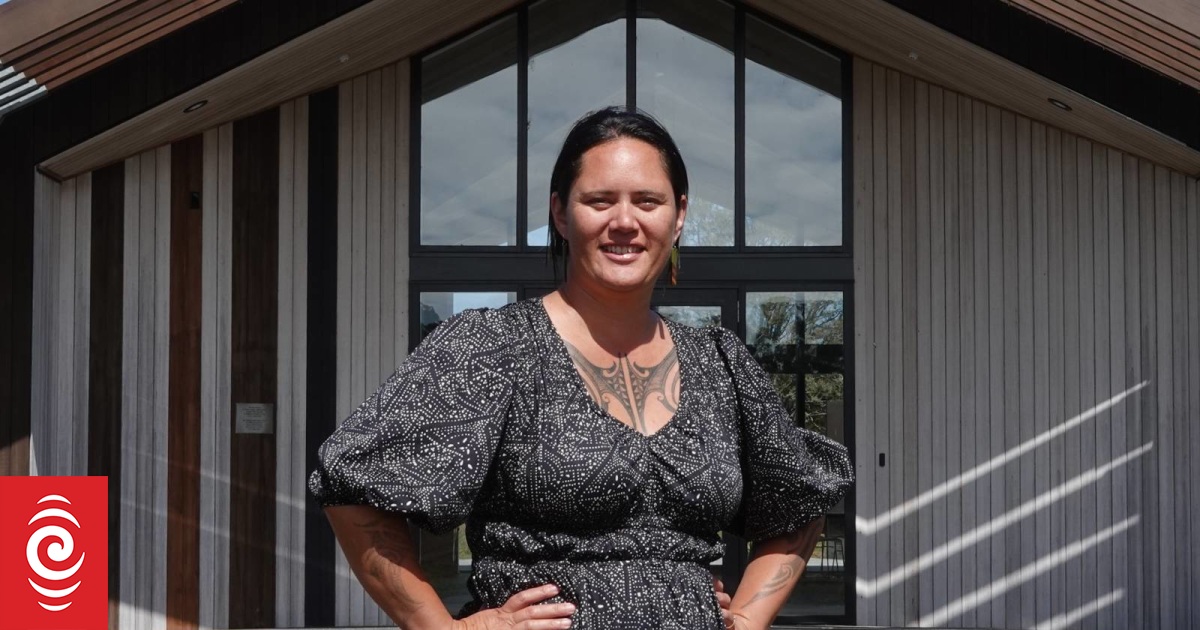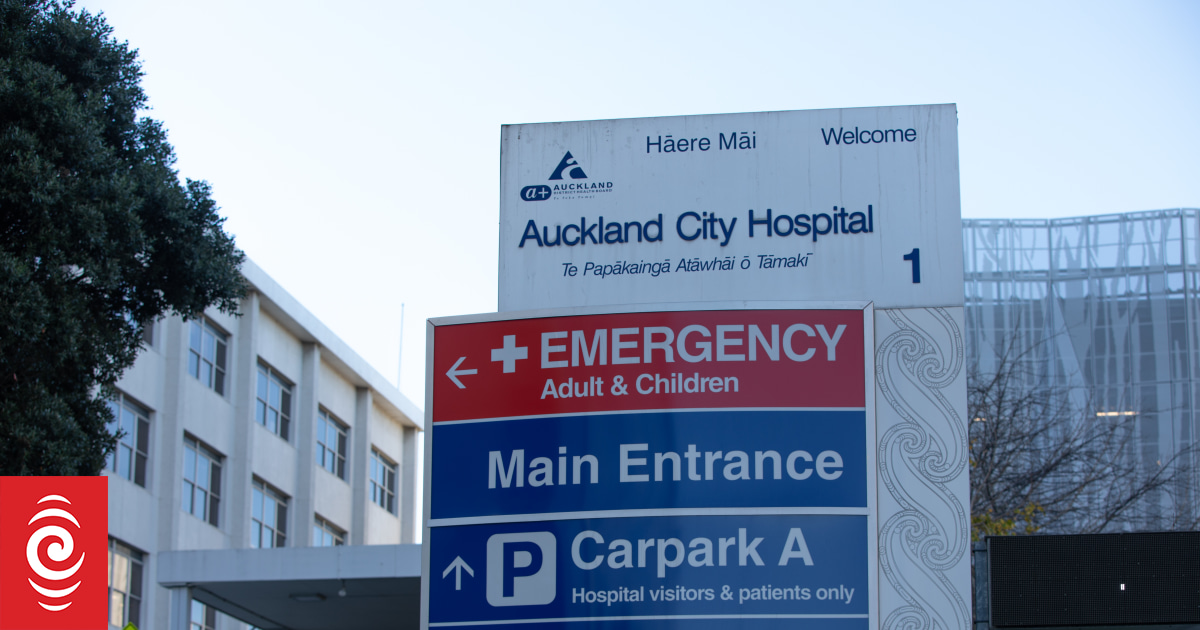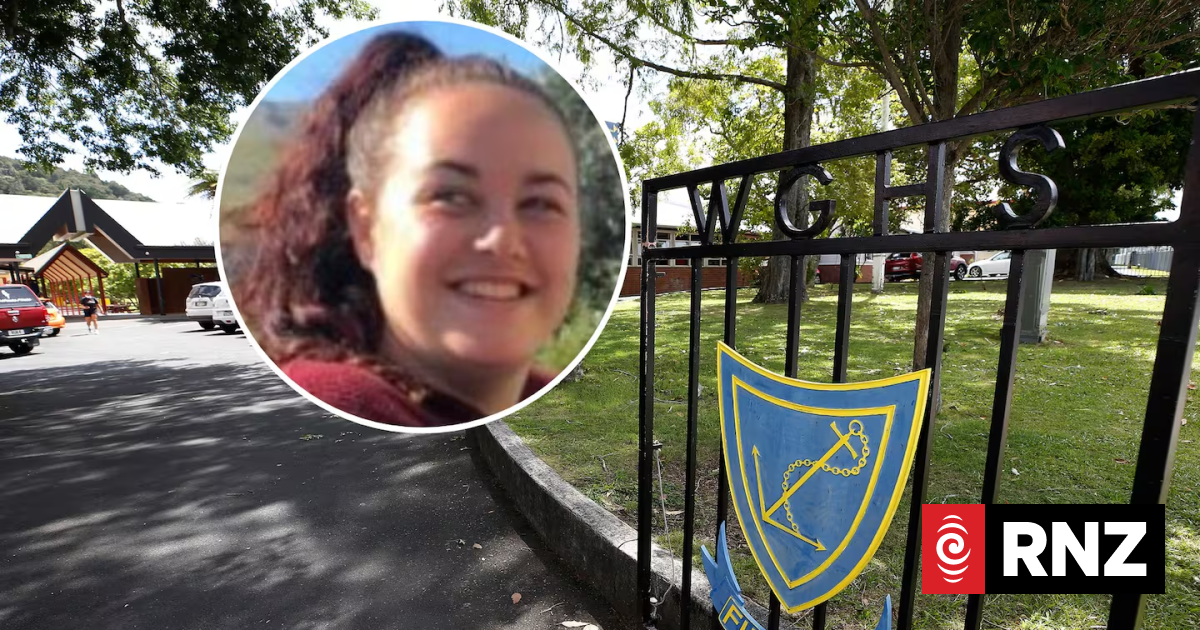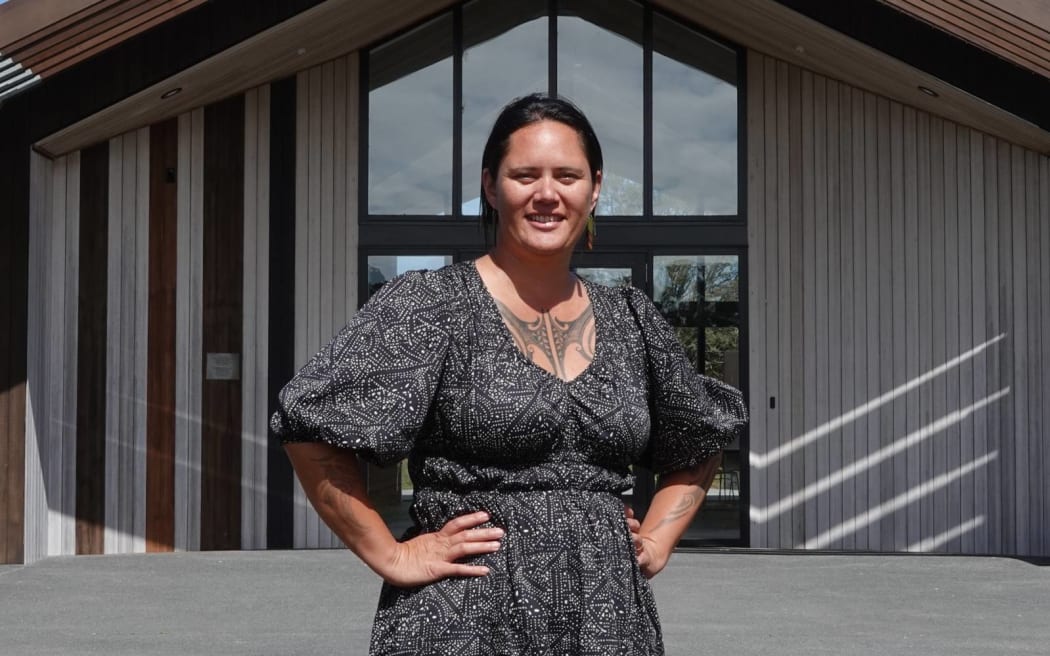
Te Rūnanga o Whaingaroa chief executive Bree Davis at Mahinga Innovation Centre, venue for the Kaikohe hearings.
Photo: RNZ / Peter de Graaf
Hundreds of Northlanders have been sharing their Covid-19 experiences this week as part of a Royal Commission of Inquiry aiming to improve New Zealand’s response to future pandemics.
Northland is among the last parts of the country to be visited by the inquiry, even though it was one of the regions most affected by Covid restrictions.
Part of that came down to geography – any time Auckland was locked down, Northland was cut off from the rest of the country.
The inquiry visited Whangārei, Kaikohe and Kaitāia, hearing from iwi, health providers, business organisations, Civil Defence, schools, and community groups.
Chairman Tony Blakely, a Melbourne University epidemiologist, said the aim of the Covid-19 Lessons Learned Inquiry was to ensure a better response to future crises.
He wanted to hear from Northlanders about what they did, and why, to protect themselves from the virus.
“This is about getting the word from the flax roots, from the people on ground involved in the immediate response, but also those working through things like vaccine mandates. We want to hear what did and didn’t work, and pull together lessons that might help us respond better to a pandemic or other emergencies in the future.”
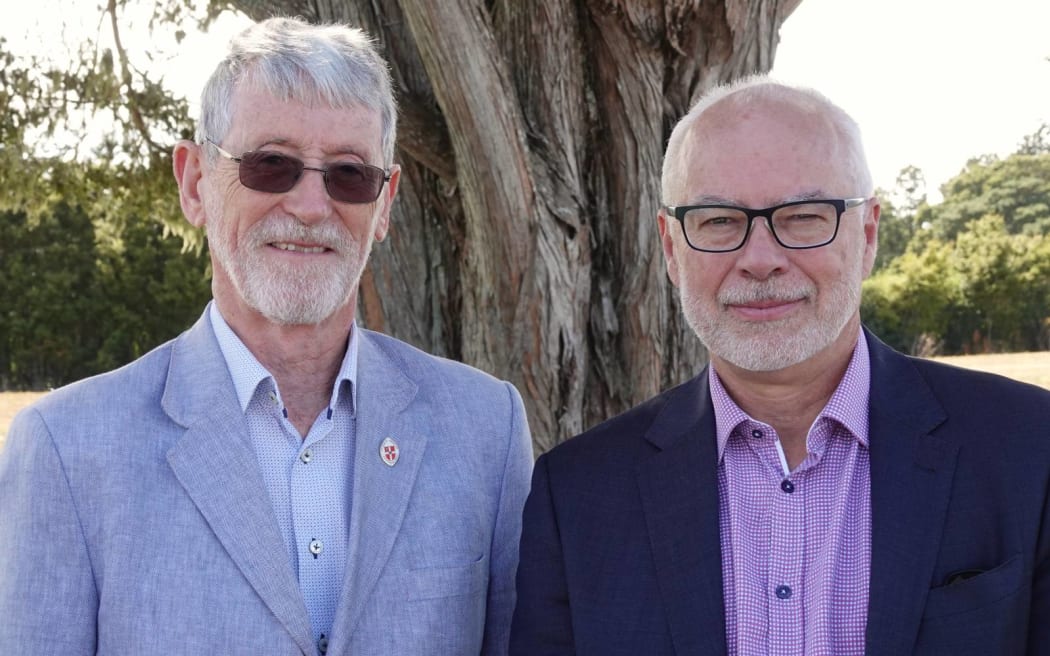
Inquiry member John Whitehead, left, and chairman Tony Blakely.
Photo: RNZ / Peter de Graaf
Apart from the effects of geography, another thing that set Northland apart was the strength of the local response, Blakely said.
“The ability of iwi, marae and local organisations to step up and do amazing things collectively, is just phenomenal.”
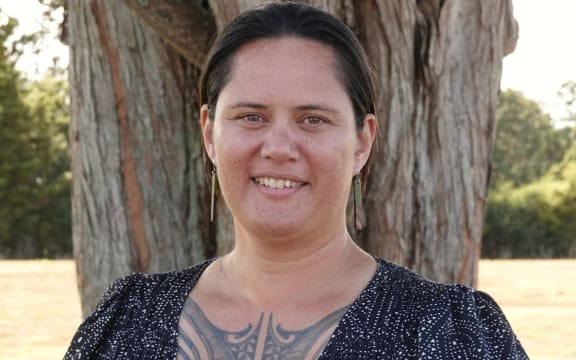
Bree Davis
Photo: RNZ / Peter de Graaf
One of those iwi organisations was Kāeo-based Te Rūnanga o Whaingaroa.
Chief executive Bree Davis said challenges the rūnanga faced during the pandemic included how long it took to get resources out of Wellington.
Fortunately, the rūnanga was able to draw on its own resources and local connections to quickly get food and water to people who needed it, as well as firewood to kuia and kaumātua.
Davis said the biggest lesson from the pandemic was just how broken some of New Zealand’s systems and supply chains were – especially for food.
“When we had a crisis and trucks couldn’t get kai to us, and we had an influx of people coming into the community, it showed just how limited the kai was for our whānau. Covid exposed some of the gaps we have here in our systems in Aotearoa.”
Another challenge arose when the Far North was split into different alert levels.
The Health Ministry drew the border through Kāeo township, while police and Te Tai Tokerau Border Control placed their checkpoints north of town at Kāeo Bridge.
That created confusion and meant people living north of the bridge were unable to drive the short distance into town for groceries. Instead, they had to travel much further to Doubtless Bay.
The rūnanga helped broker a solution allowing residents to cross the bridge for essential supplies.
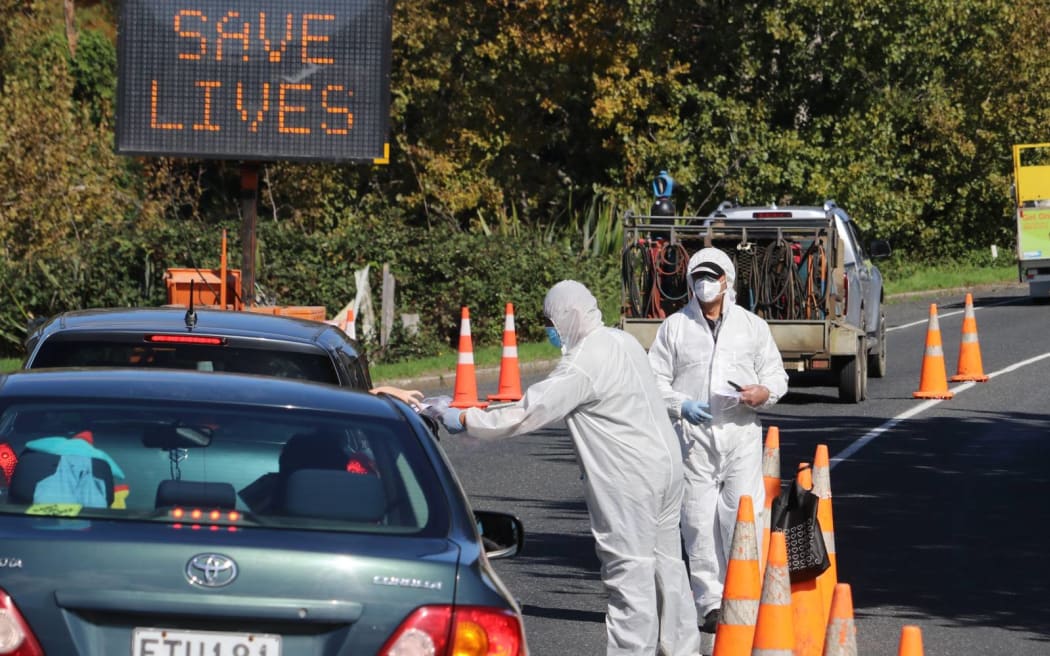
An iwi-run checkpoint on State Highway 12, Kaikohe, in April 2020.
Photo: Peter de Graaf
Also speaking at the Kaikohe event was community leader Jay Hepi, a marae chairman and Te Hau Ora o Ngāpuhi manager, who wanted to share some of his learnings and concerns.
“One of the concerns was that it ripped a lot of whānau apart, because some were vaccinated, some were unvaccinated. A lot of them also lost their jobs because of not getting the jab.”
Business representatives, such as Dickie Burman of Kerikeri District Business Association, told the inquiry about the crushing effects of Auckland’s lockdowns.
“Because we’re above Auckland we couldn’t get out. It really affected business in a massive way in the Bay of Islands,” Burman said.
“The first four weeks of lockdown were probably needed, so everyone could find their way, but after that … treat adults as adults and let people make their own decisions, and be accountable for what they do.”
Dave Templeton, of regional development agency Northland Inc, said the speed of the pandemic, and not knowing what to expect, “really knocked a lot of businesses for six”.
“It exposed a lack of resilience, and a lot of businesses were absolutely lost.”
However, Templeton said the government’s quick move to bring in wage subsidies relieved business owners’ fears about how they could support their staff while no revenue was coming in.
Among those at the Kaitāia session was Hōne Harawira, the former MP who set up Te Tai Tokerau Border Control in a bid to protect the Far North’s many vulnerable residents from the virus.
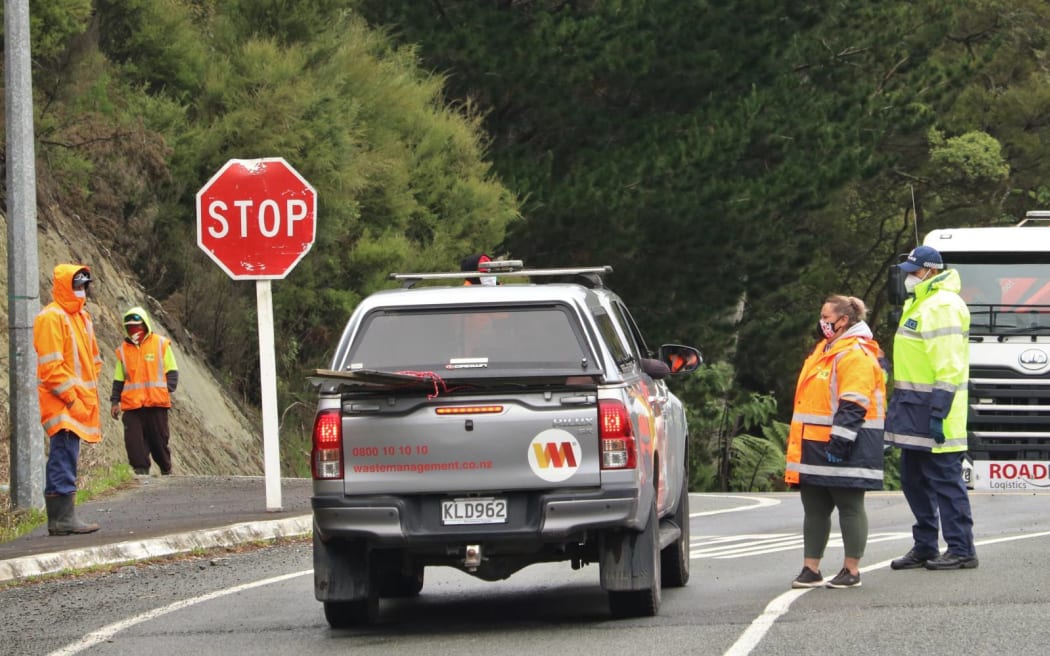
A checkpoint operated by Te Tai Tokerau Border Control, with police backing, at Northland’s Kāeo Bridge in 2021.
Photo: Peter de Graaf
He supported then prime minister Jacinda Ardern’s decision to lock down the country and declare a national state of emergency.
“I thought it was the right thing to do at the time, regardless of the smart-arses who think they know better now,” he said.
“And I still think it was the right decision, particularly for Māori because we get smashed by pandemics. They devastate our communities.”
While the checkpoints were controversial at first, other iwi groups and even police got on board.
Where the government had erred was in trying to rely on its own agencies to deliver help, Harawira said.
“They are so big and ponderous, and so disconnected from the communities they were trying to help, they weren’t able to.”
In future crises, the government needed to identify organisations on the ground that could deliver help where it was needed.
“We spent so much time fighting agencies, trying to get access to resources to help people,” Harawira said.
An economist and former Secretary to the Treasury, Commissioner John Whitehead, said Northlanders had been highly engaged throughout the week and “very free and frank” with their views.
“We heard a lot of different, interesting and very moving stories – also about the things people had to do, sometimes irrespective of the rules, to make a difference,” he said.
Blakely said it was likely the lessons from the Covid-19 pandemic would prove useful in the not-too-distant future, as New Zealand entered an era of greater risk.
“Climate change, cyclones, pandemics, we’re going to see more of those, and that’s going to require resilience and preparedness. You can see that happening on the ground already. That’s not to say it’s going to happen with no government support, but you can see the change in the way people are thinking, at all levels.”
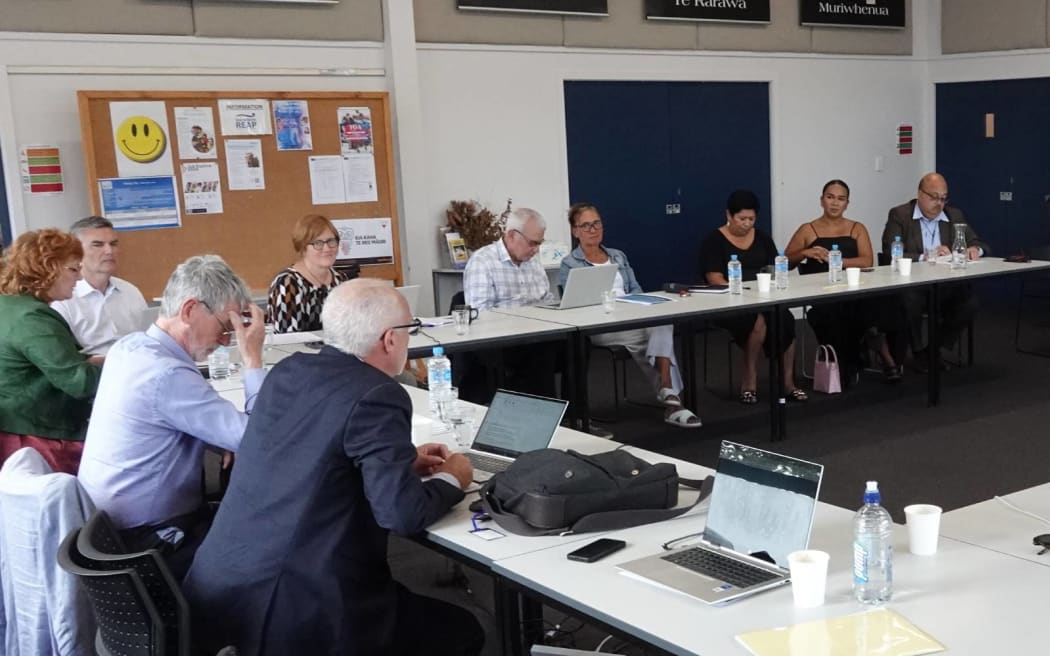
The Royal Commission of Inquiry in session at Far North Reap in Kaitāia.
Photo: RNZ / Peter de Graaf
Blakely hoped many more people would share their experiences via the dedicated [www.covid19inquiry.nz online] submission site before the 24 March closing date.
The commission would also collect feedback at public events such as A&P shows and festivals around the country.
About 3000 people have shared their views since consultation opened on 8 February.
The inquiry website included a section where people could give feedback on a proposal, part of the new government’s coalition agreement, to broaden the terms of reference of the inquiry.
Wider terms of reference could include examining vaccine procurement and efficacy, social and economic impacts, whether the government response was consistent with the rule of law, and how New Zealand’s pandemic preparedness compared to other countries.
The inquiry is due to be completed on 30 September.

